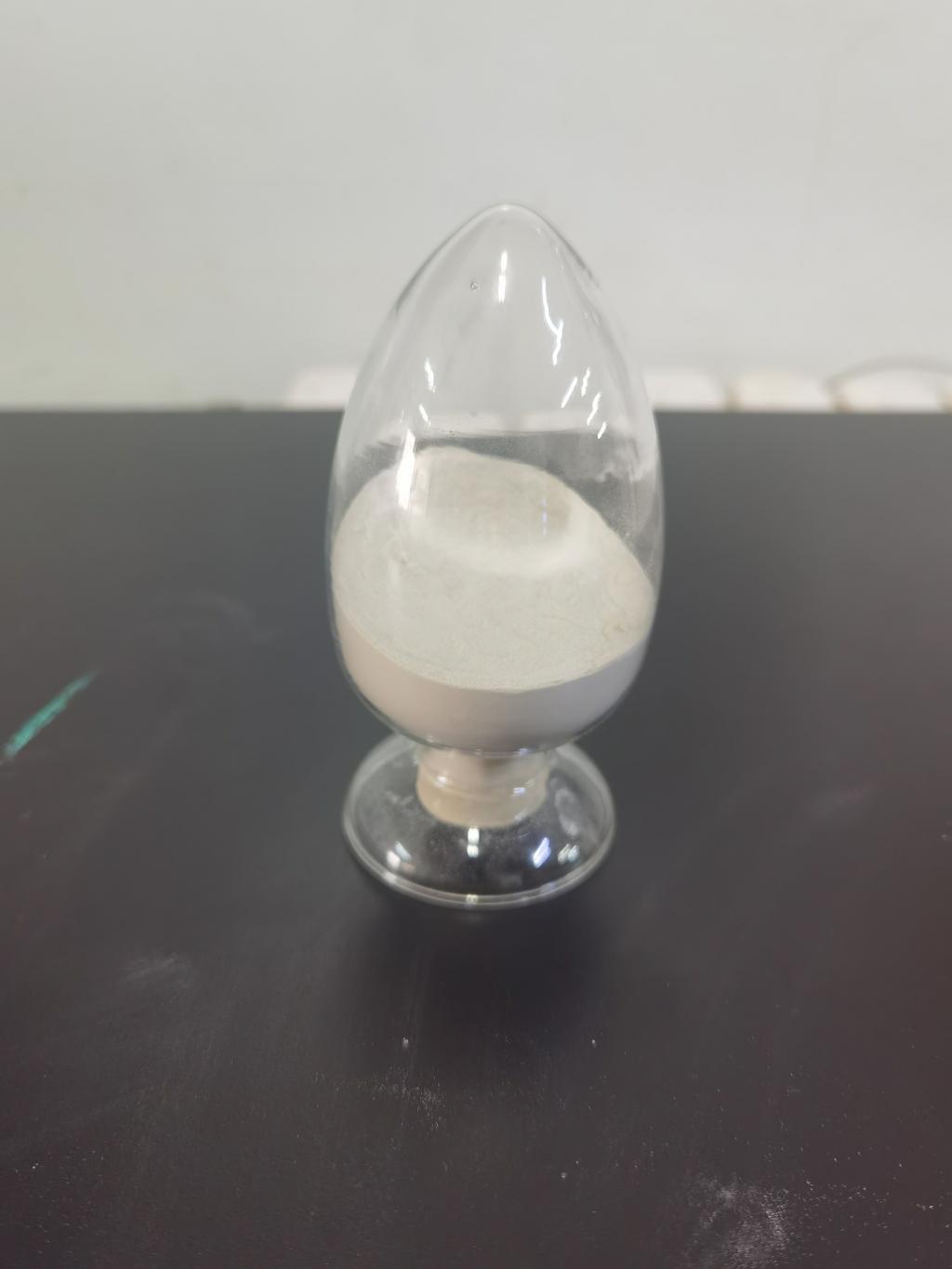Tel:+8618231198596

News
 CONTACT
CONTACT
 CONTACT
CONTACT
- Linkman:Linda Yao
- Tel: +8618231198596
- Email:linda.yao@dcpharma.cn
- Linkman:CHARLES.WANG
- Department:Overseas
- Tel: 0086 0311-85537378 0086 0311-85539701
News
Current Position:
Home >
News
>Nisin's role in supporting sustainable and eco-friendly food practices.
Nisin's role in supporting sustainable and eco-friendly food practices.
TIME:2023-08-17
Nisin and Food Preservation:
Reducing Food Waste: One of the most immediate ways nisin contributes to sustainability is by extending the shelf life of perishable foods. By inhibiting microbial growth and preventing spoilage, nisin helps reduce food waste, a critical concern given that approximately one-third of all food produced is lost or wasted globally.
Energy Efficiency: Nisin's effectiveness in controlling spoilage microbes allows for reduced reliance on energy-intensive methods of food preservation, such as refrigeration and high-temperature processing. This translates to energy savings and a lower carbon footprint in food production and distribution.
Optimizing Resource Utilization: The conservation of resources through reduced food waste and energy efficiency aligns with sustainable practices, promoting responsible resource utilization.
Nisin and Reduced Chemical Usage:
Replacing Synthetic Preservatives: Traditional chemical preservatives used in the food industry often have negative environmental impacts and may pose health risks. Nisin's natural origin and mechanism of action offer a sustainable alternative that can reduce the need for synthetic preservatives with potentially harmful effects on ecosystems and human health.
Minimal Ecological Impact: The production of nisin involves microbial fermentation, a process that generates fewer pollutants and contributes to a lower ecological footprint compared to the synthesis of synthetic preservatives.
Nisin and Biodiversity Preservation:
Microbiome Conservation: Nisin's targeted antimicrobial action primarily affects gram-positive bacteria, which are often associated with foodborne pathogens. This selective activity helps preserve the balance and diversity of the gut and soil microbiomes, contributing to overall ecosystem health.
Sustainable Agriculture: The use of nisin in plant-based foods and agricultural practices can help maintain healthy soil microbiota, fostering nutrient cycling and natural pest control. This aligns with sustainable agricultural principles that promote ecosystem services and reduce the need for chemical interventions.
Nisin and Clean-Label Trends:
Consumer Preference for Natural Ingredients: The growing demand for clean-label products underscores the importance of using natural and easily recognizable ingredients. Nisin's origin from bacterial fermentation and its classification as a Generally Recognized as Safe (GRAS) ingredient make it an attractive choice for food manufacturers seeking to align with consumer preferences for transparency and naturalness.
Market Differentiation: Incorporating nisin into food products can provide a competitive edge, appealing to environmentally conscious consumers who prioritize products with minimal synthetic additives.
Nisin and Future Innovations:
Nisin-Based Packaging: Research is exploring the incorporation of nisin into food packaging materials to create active packaging that can inhibit microbial growth, extending the shelf life of products without the need for additional preservatives.
Combined Approaches: Combining nisin with other eco-friendly practices, such as sustainable sourcing, reduced packaging, and waste reduction initiatives, can amplify the positive impacts on sustainability.
Challenges and Considerations:
Regulatory Frameworks: The regulatory approval of nisin for various food applications may vary across jurisdictions, necessitating harmonization and clear guidelines to facilitate its global adoption.
Cost and Scale: As with any innovative ingredient, cost-effective production and scalability are essential for widespread adoption of nisin as a sustainable food preservative.
Consumer Awareness and Education: Communicating the benefits of nisin to consumers and promoting awareness of its role in supporting sustainable food practices is crucial for its successful integration into the market.
Conclusion:
Nisin's multifaceted contributions to sustainable and eco-friendly food practices underscore its potential as a transformative tool in the food industry's journey towards a more responsible and regenerative future. From reducing food waste and minimizing chemical usage to preserving biodiversity and aligning with clean-label trends, nisin offers a holistic approach to fostering a more sustainable food ecosystem. As research and innovation continue, nisin's role as a key player in promoting environmentally friendly food production, distribution, and consumption is poised to expand, paving the way for a more resilient and harmonious relationship between food and the planet.
- Tel:+8618231198596
- Whatsapp:18231198596
- Chat With Skype







